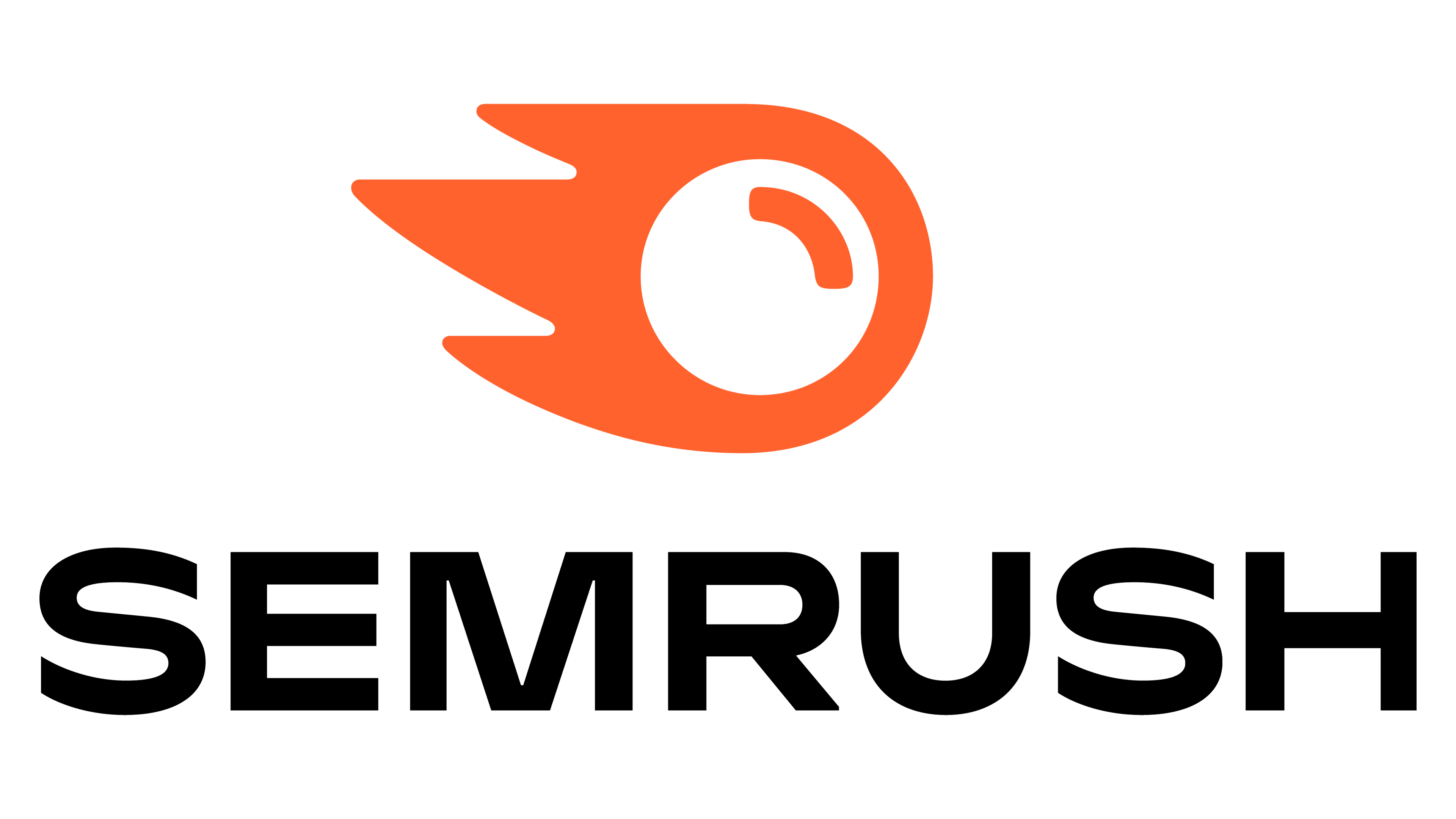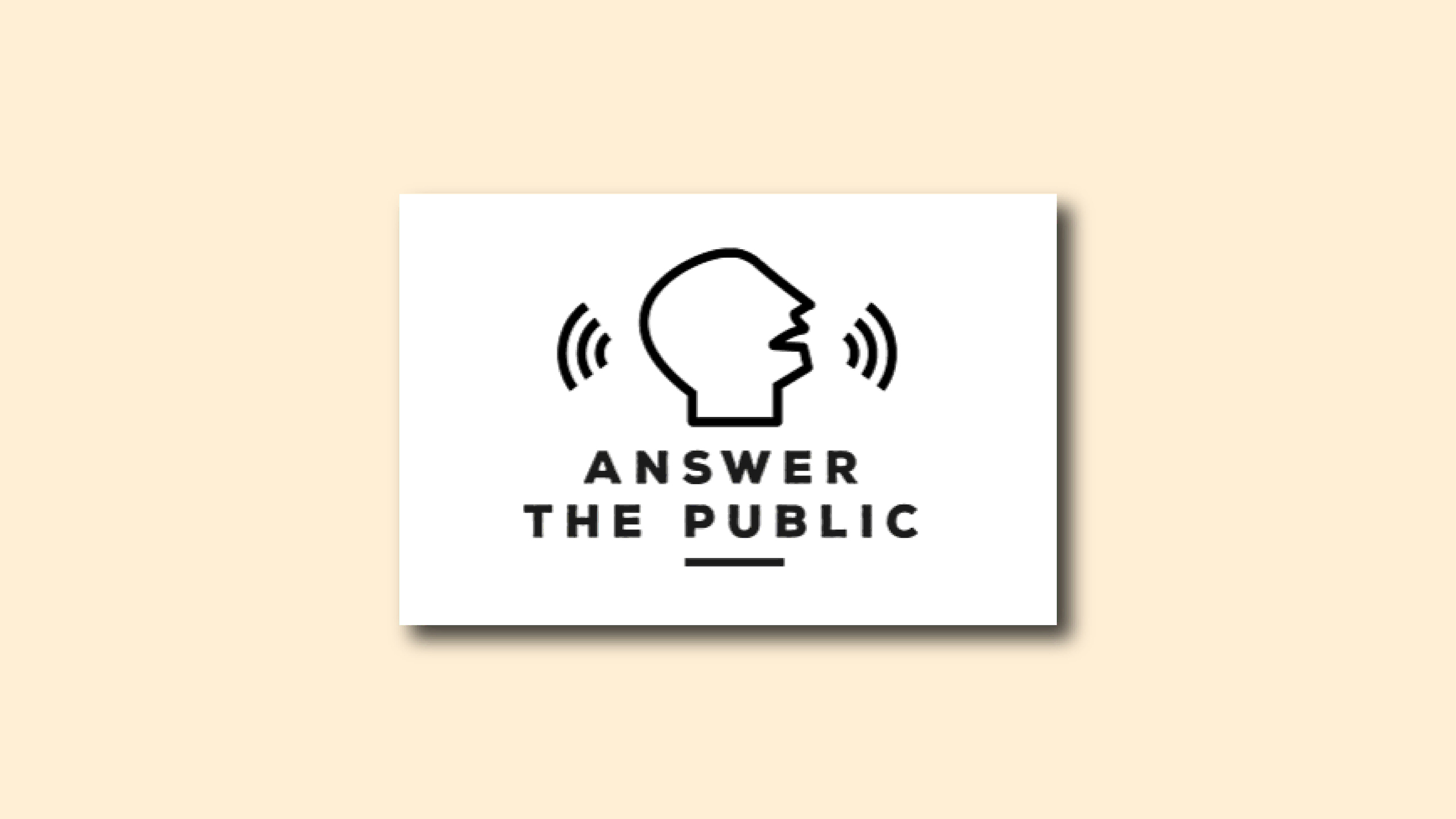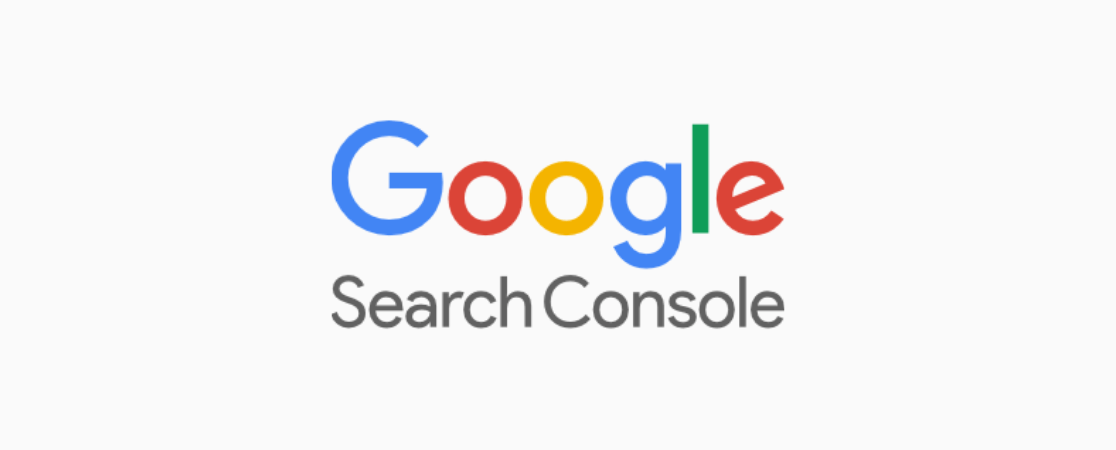Summary |
| Having a website is important, but having a great product or idea is not enough. You should show up where your audience is already looking.
Keyword research is an ongoing process that guarantees your content stays relevant and visible rather than a one-time activity. If you use the right tools, keep track of your progress, and make changes, you can stay ahead in SEO and build your online presence. |
Going online to reach a wider audience is becoming increasingly normal. But having a good idea or product is not enough to get people’s attention.
Luckily, keyword research allows you to discover what people are typing into search engines. For getting more visitors and staying competitive online, this is the most important part of any good SEO plan. This blog will help you learn how to find good keywords for SEO.
Why Keyword Research Still Matters in 2025
SEO is always evolving, but keyword research is still a big deal in 2025. If you do not do keyword research, you can not tell what people want, which can make your website harder to find.
Today, keyword research is still very important because:
Connects You with the Right Audience
Choosing the appropriate keywords helps you focus on the precise words and phrases individuals enter into search engines.
As a result, those who are interested in your goods or services will find your material or site. It’s like opening a store where consumers are already searching for what you provide.
Keeps Your SEO Plan on Track
You might go after the wrong keywords if you do not know which ones are the most important. It is not worth the time and money to do this.
Keyword research ensures your SEO strategy meets target market needs and search habits. Statistics from SmartInsights even show that companies make an average of more than $22 for every dollar invested in SEO.
As you improve your website to rank better for the relevant keywords, it helps you work smarter, not harder, and stay on track.
Guides Smarter Content Creation
When you know which keywords people are using a lot, you can use them in your product descriptions, blog posts, or articles. This makes your content more useful for your readers and search engines because it makes it more relevant. It also makes sure you do not write things that people do not want to read.
Effective Keyword Research Techniques
If you want your website to show up when people search online, you need to know how to do keyword research the right way. With the correct methods, you can improve content, reach more people, and increase website traffic.
Here are a few clever methods of keyword research you may apply:
1. Start with a Brainstorm List
It’s a good idea to begin by brainstorming some concepts on your own before you plunge into any tools. Consider the words or phrases individuals may type into Google to find the services or products you offer.
Even if it appears too basic or apparent at first, write down anything that comes to mind. This enables you to create a base list you can later enlarge with research tools. A good brainstorming list guarantees you are considering things from your consumer’s perspective as well.
2. Look at Competitor Websites
Learning what your rivals are doing is another useful tool. Examine their websites to identify the keywords they seem to focus on in their product descriptions, article titles, or articles. Such information can reveal areas where you might stand out and provide new ideas.
At times, you could see they ranked for terms you hadn’t even thought about. Understanding their strategy will help you enhance your own, but you don’t have to copy them. It also allows you to stay competitive without starting from scratch.
3. Focus on Search Intent
Most often, a person has a purpose to research something in a search engine. That aim is known as “search intent,” and it indicates what sort of material they seek. Your material could be skipped even if it ranks, if your keywords don’t fit that purpose.
In fact, Google’s most recent version of their Quality Rater Guidelines is actually obsessed with search intent. Consider the several kinds of search intent and how you may fit your keywords to each one:
Informational Intent
People with an informational purpose wish to acquire knowledge. You can’t sell to them yet; they just need answers, facts, or help. Your aim should be to inform, assist, or lead them. Blog pieces, manuals, and how-tos are ideal for this kind of purpose.
Navigational Intent
Users here already know their destination. They are looking for a certain product page, website, or brand. You don’t have to sell; all you have to do is show up when they look for you.
Commercial Intent
This suggests a wish to weigh options before making a purchase. Your material should enable them to choose by providing comparisons, evaluations, or advantages and disadvantages.
Transactional Intent
Transactional users are ready to buy, sign up, or reserve. Your material should be straightforward and convincing since these are your hottest leads. Product pages, landing pages, and special deals fit well here.
4. Understand Different Keyword Types
Depending on what people are looking for, several keywords fulfill various purposes. Some are brief and well-known, while others are longer and more specific.
Knowing these kinds will enable you to choose the appropriate ones for your website and Google. The following is the division of the keyword categories you should be familiar with:
Head Keywords
Usually one or two words long, these very short, high-impression keywords address wide subjects. Though quite competitive, they receive many searches, which makes ranking for them more difficult. Among them are:
- Shoes
- Pizza
- Travel
Body Keywords
More specific than head keywords, these are a bit longer (two to three words at most). Though slightly easier to target, they nevertheless have decent search volume. Some examples are:
- Running Shoes
- Best Pizza Places
- Travel Tips
Long-Tail Keywords
Often four words or more, these are very particular, considerably lengthier phrases. Though less popular, these phrases are less competitive and might encourage people to take action. The following examples are:
- Best Running Shoes for Flat Feet
- Gluten-Free Pizza Places Near Me
- Affordable Solo Travel Destinations
5. Consider Associated SERP Features
Today, when you search on Google, you get more than just a list of links. You also get maps, videos, shopping ads, and other cool stuff.
These extra parts, which are called SERP features, may change how people find and click on your website. Based on a study, SERP features now account for an astounding average of 65%.
With that in mind, familiarize yourself with these common SERP features:
- Featured Snippets: Often drawn from a website’s content, these fast answers show at the top of the page.
- Local Packs: These offer maps and directories for local businesses.
- Shopping Results: Product listings with prices and images show when consumers search to buy something online.
Did you find this blog useful? Subscribe Now!
Top 5 Keyword Research Tools You Should Know
With more than 3.5 billion daily searches, Google demonstrates the diversity of search terms being used. While thousands of searches are unique, do they represent your most valuable consumers?
Luckily, keyword research tools help you choose content keywords, track your progress, and improve your strategy. Though some are premium keyword research tools (priced), many tools are free; all are useful for guiding your SEO.
These are a list of keyword research tool you should be aware of:
1. SEMrush
Many SEO experts appreciate SEMrush, a robust keyword research tool. It enables you to find terms that gains more visibility for your website in search engines.
Standout Features
- Keyword Magic Tool: Based on volume, difficulty, and competition, this lets you identify the ideal targeting keywords.
- Competitor Analysis: SEMrush enables you to view which keywords your rivals are ranking for.
- SEO Audit Tool: The audit tool searches for mistakes, broken links, and other problems that can lower your ranks.
2. Ahrefs Keywords Explorer
Ahrefs is a great tool for finding the right keywords for your SEO plan. For accurate information, it gives details like the number of searches, how difficult the keywords are, and the chance of increased organic traffic.
Standout Features
- Keyword Difficulty Score: Ahrefs shows how challenging it will be to rank for a particular term.
- Click-Through Rate (CTR) Data: This tool reveals how many real clicks a keyword result attracts.
- Search Volume Trends: Ahrefs provides a graphical representation of how term search volume changes with time.
3. AnswerThePublic
Thanks to its one-of-a-kind keyword research feature, AnswerThePublic shows you what people are asking about your topic. It works really well for finding long-tail keywords and content ideas.
Standout Features
- Visual Keyword Suggestions: AnswerThePublic provides a graphical display of keyword suggestions.
- Question-Based Keywords: It shows you common questions people ask about your word.
- Export Options: You may fast export the keyword ideas to a CSV file.
4. Google Keyword Planner
Provided by Google, Google Keyword Planner is among the effective and free tools perfect for anyone wanting to do keyword research. Though it also helps SEO objectives, it’s especially helpful if you plan to run Google Ads.
Standout Features
- Search Volume and Forecasts: This shows how many people are searching for a keyword monthly and can even forecast future trends.
- Keyword Suggestions: It generates a list of pertinent words depending on your search query.
- Competition and Bid Estimates: You will discover how competitive a phrase is and how much advertisers are spending each click.
5. Google Search Console
Google Search Console is a free service that allows you to track how well your website appears in Google Search. Although you are not familiar with the search engine optimization roadmap, it is simple and really helpful for raising the exposure of your website.
Standout Features
- Tracking Keyword Performance: They show how many times people found your pages and what keywords they used to find your site.
- Page Ranking Insights: You may see which sites are increasing or decreasing in search results and change your strategy.
- Keyword Opportunities: It highlights words with high impressions but low clicks, so enabling you to improve your content and bring more traffic.
Developing a Content Strategy from Keyword Research
After identifying the appropriate keywords, the next action is to create a content plan centered on them. A strong content strategy guarantees that your website addresses the inquiries of your target audience and thereby improving the content through your search engine ranking.
You can make a content plan in the following ways:
1. Group Keywords by Topic
Rather than handling each keyword individually, you can group them into relevant themes. In this manner, you can build one good page discussing a larger concept rather than many weak pages.
Grouping keywords also enables you to cover subjects more completely, which search engines and readers like. It makes your material far simpler to design and control, your message clear, and your site tidy.
2. Plan a Content Calendar
A content calendar helps you always post and stay on track without getting sidetracked. You can set weekly or monthly goals based on the topics you want to cover. This makes you always ready and stops you from scrambling for ideas at the last minute.
3. Update and Refresh Old Content
Today, Google accounts for 92% of world traffic. Google prefers new material; hence, even minor changes could enable you to rise back up in search results. Examine which articles are out of date or losing traffic and concentrate on enhancing them.
This is a straightforward but effective approach to derive more value from the work you have previously completed.
Mastering Keyword Research to Future-Proof Your SEO
Keyword research isn’t just a one-time task—it’s a habit that helps you stay sharp in a fast-changing SEO world. So, keep exploring tools, tracking results, and adjusting your game plan. You will be ready for whatever the evolution of seo brings if you take the right steps!
Are you ever interested in this keyword research subject? To learn more about Intrinsic Writing Solutions, read our other blog posts:













